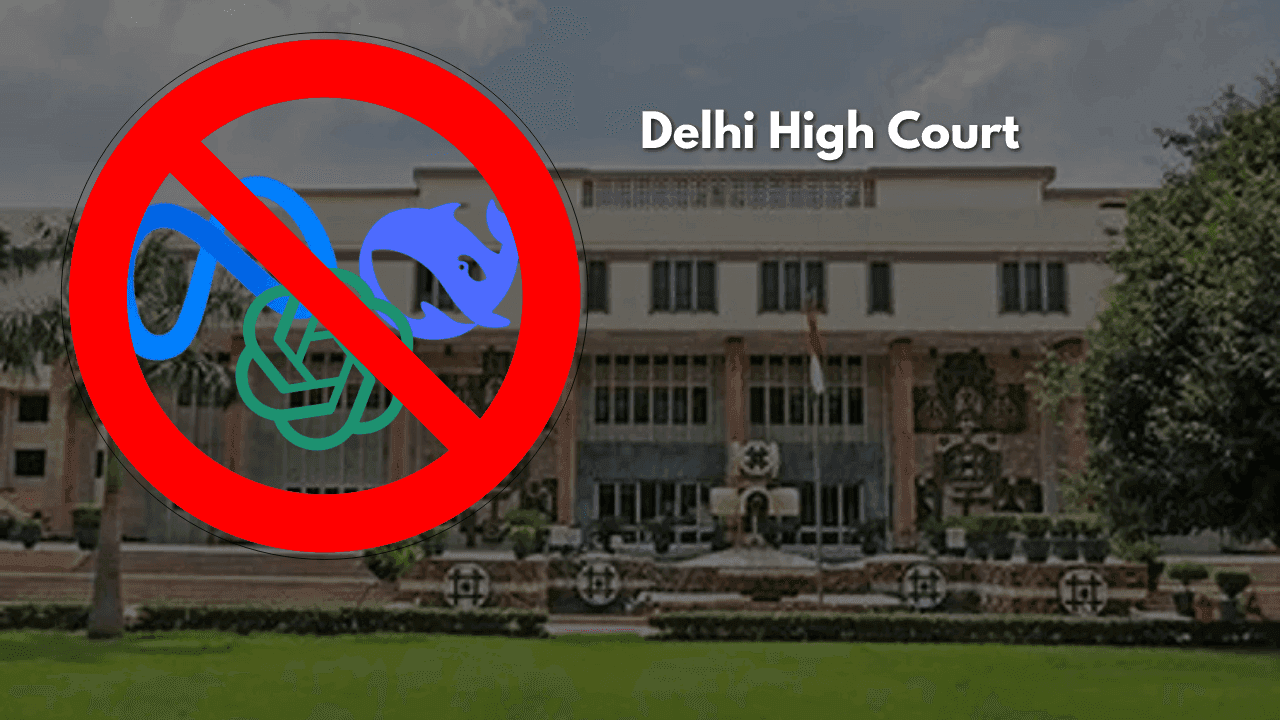In today’s digital age, mobile apps have become an integral part of our daily lives. From social networking to fitness tracking, there’s an app for almost everything. However, while these apps make our lives easier, they may also be collecting and using our personal data without our knowledge. In this article, we’ll explore how apps steal your data and what you can do to protect your privacy.
When you download an app, you are often asked to grant various permissions. These permissions can include access to your contacts, location, camera, microphone, and more. While some of these permissions are necessary for the app’s functionality, others may be used to collect your personal data for other purposes.
One common method apps use to collect data is through tracking. Apps can track your location, monitor your usage patterns, and even access your browsing history. This information is valuable to advertisers, who use it to create targeted ads based on your interests and behavior. Unfortunately, this data collection often occurs without your explicit consent, and you may not even be aware that it’s happening.
Another way apps can steal your data is through third-party SDKs (Software Development Kits). These SDKs are often integrated into apps to provide additional functionality, such as analytics or social media integration. However, some SDKs can also collect and share your personal data with third parties. This means that even if you trust the app itself, the SDKs it uses may be collecting and using your data in ways you don’t approve of.
Data breaches are another concern when it comes to mobile apps. If an app’s database is hacked, your personal data could be exposed to malicious actors. This can lead to identity theft, financial loss, and other serious consequences.
So, how can you protect yourself from data theft by apps? Here are some tips:
Review App Permissions: Before downloading an app, take the time to review the permissions it requests. If an app asks for access to information that doesn’t seem necessary for its functionality, consider whether you really need the app.
Limit Data Sharing: Many apps allow you to limit the data they collect and share. Check the app’s settings to see if you can disable tracking or opt out of data sharing.
Use Privacy-Focused Apps: Some apps are designed with privacy in mind. Look for apps that prioritize your data security and offer transparent privacy policies.
Update Apps Regularly: Keeping your apps updated ensures that you have the latest security patches and features. This can help protect your data from vulnerabilities.
Be Cautious with Third-Party Apps: Only download apps from reputable sources, such as official app stores. Avoid downloading apps from unknown or untrusted sources.
In conclusion, while mobile apps offer many benefits, they can also pose a risk to your privacy. By being aware of how apps collect and use your data, and taking steps to protect yourself, you can enjoy the convenience of mobile technology without compromising your personal information. Stay informed, stay vigilant, and take control of your digital privacy.


















